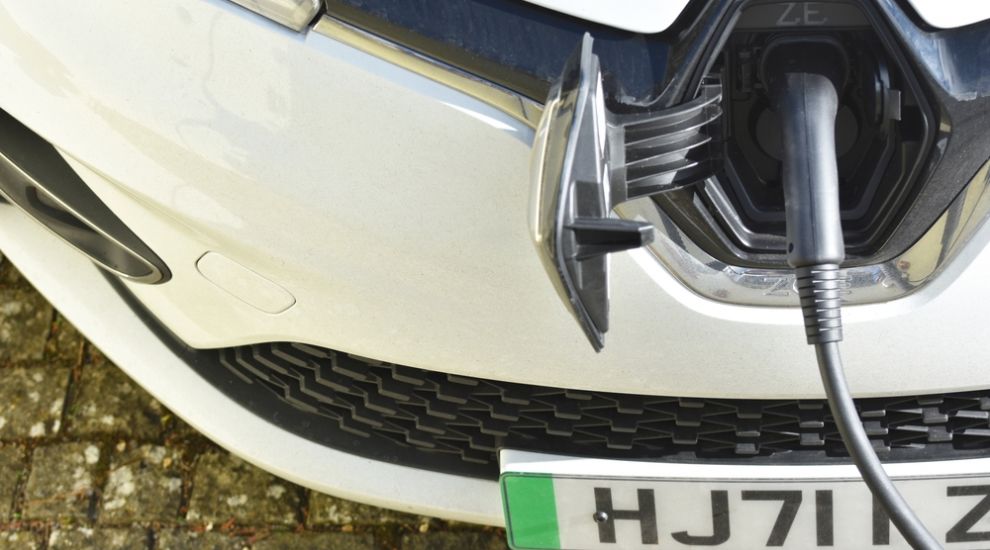


The Environment Minister has told the States Assembly that he is very keen to ban the sale of new petrol vehicles after 2030 – despite calls elsewhere to push the date back into the mid 2030s.
Deputy Jonathan Renouf explained that a new scheme to help subsidise the purchase of electric vehicles should help Jersey achieve the 2030 pledge.
Answering a question from Deputy Steve Luce about whether the target date might have to be pushed back, the Environment Minister said: “I would be very reluctant to do that because of the signal that it would send."
“The incentive scheme that will be announced soon will look to close the gap in price between petrol and electric vehicles, which I know has been a significant deterrent, so I would like to get that in place and see how much we can achieve before we say that 2030 is too difficult,” he explained.

Pictured: Environment Minister, Deputy Jonathan Renouf.
Deputy Renouf was asked if he thought the island had sufficient vehicle charging points, to which he said he felt that Jersey was in “a reasonably good place”.
Jersey Electricity also recently announced a £600,000 investment to "future proof" the island's electric vehicle network.
Constable Kevin Lewis asked Deputy Renouf if he had considered the potential for greater use of hydrogen-powered vehicles. The Environment Minister replied that he felt that, as Jersey’s electricity supply was largely decarbonised, it was “overwhelmingly the best source”.
Comments
Comments on this story express the views of the commentator only, not Bailiwick Publishing. We are unable to guarantee the accuracy of any of those comments.